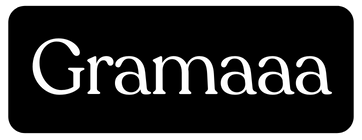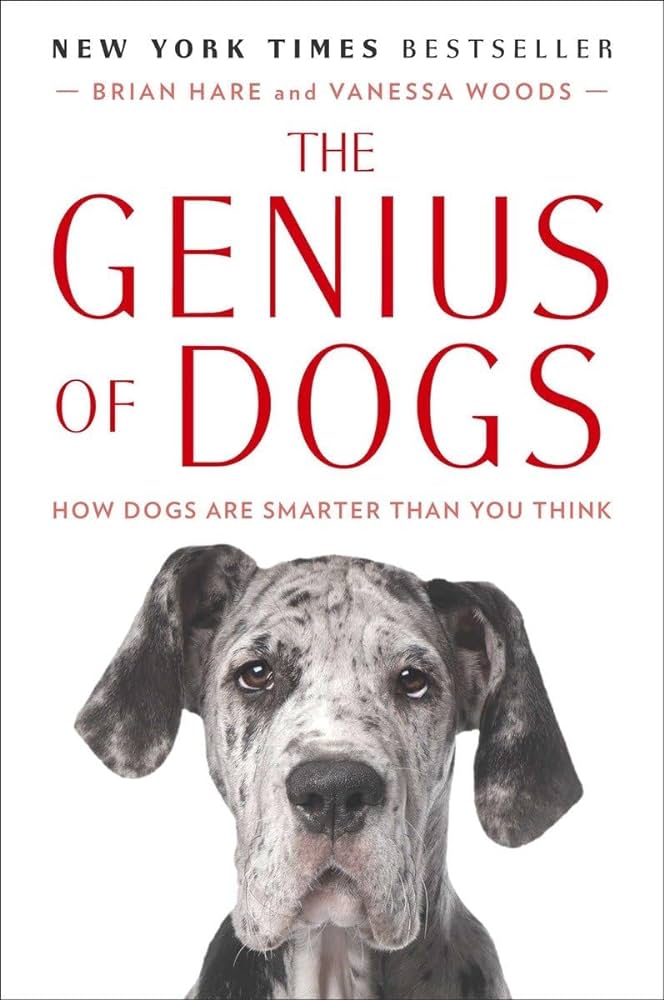What defines intelligence? Is it the ability to solve complex problems, create groundbreaking inventions, or perhaps an exceptional memory? Throughout history, certain individuals have stood out for their remarkable intellect and contributions to various fields. From scientists and mathematicians to artists and philosophers, these minds have shaped our understanding of the world.
In today’s rapidly evolving landscape, identifying the smartest person isn’t straightforward. Advances in technology and access to information mean that brilliance can emerge from any corner of the globe. This article delves into some of the most extraordinary minds recognized for their unparalleled intelligence and achievements.
Defining Intelligence: What Makes Someone the Smartest?
Intelligence encompasses various attributes, making it a complex trait to define. While IQ scores often come to mind, other factors also play significant roles.
The Role of IQ in Determining Intelligence
IQ (Intelligence Quotient) measures cognitive abilities relative to the population. Psychologists use standardized tests like the Stanford-Binet and Wechsler scales for assessment. High IQ scores typically indicate strong problem-solving skills, logical reasoning, and memory capacity. For example, individuals with an IQ above 130 are considered highly intelligent.
| IQ Range | Classification |
|---|---|
| 90-109 | Average |
| 110-119 | High Average |
| 120-129 | Superior |
| 130 and above | Very Superior |
IQ remains a widely recognized metric due to its predictive validity for academic success and certain professional achievements.
Other Factors That Influence Intelligence
Beyond IQ, multiple elements contribute to intelligence:
- Emotional Intelligence (EQ): Ability to understand and manage emotions effectively.
- Creativity: Capacity for innovative thinking and problem-solving.
- Practical Knowledge: Skills acquired through experience rather than formal education.
- Social Intelligence: Proficiency in navigating social interactions and understanding others’ perspectives.
For instance, Albert Einstein’s creativity led to groundbreaking theories in physics despite not having an exceptionally high traditional IQ score by some estimates. Similarly, leaders like Mahatma Gandhi demonstrated profound social intelligence that influenced millions globally.
These diverse aspects illustrate that intelligence is multifaceted, encompassing more than just cognitive prowess measured by standardized tests.
Historical Figures Considered the Smartest
Throughout history, several individuals have been recognized for their extraordinary intellect and contributions to various fields. These historical figures are often celebrated not just for their IQ but also for their lasting impact on society.
Intellectual Giants of the Past
Leonardo da Vinci: Known as a polymath, Leonardo excelled in art, science, engineering, anatomy, and more. His works like “Mona Lisa” and “The Last Supper” remain iconic.
Isaac Newton: A key figure in the scientific revolution, Newton formulated the laws of motion and universal gravitation. His work laid the foundation for classical mechanics.
Albert Einstein: Renowned physicist who developed the theory of relativity. His equation E=mc² is one of the most famous equations in physics.
Marie Curie: Pioneering scientist in radioactivity research. She was the first woman to win a Nobel Prize and remains the only person to win Nobel Prizes in two different sciences (Physics and Chemistry).
Contributions and Impact
Leonardo da Vinci’s Innovations: Da Vinci designed early prototypes of flying machines, armored vehicles, and anatomical studies that advanced medical knowledge.
Isaac Newton’s Theories: Newton’s Principia Mathematica introduced calculus concepts essential for modern engineering and physics.
Albert Einstein’s Relativity Theory: Einstein’s theories transformed our understanding of space-time relationships and influenced quantum mechanics development.
Marie Curie’s Radioactivity Research: Curie’s discovery of radium and polonium contributed significantly to cancer treatment advancements through radiotherapy techniques.
Modern Measurements of Intelligence
Modern intelligence measurement extends beyond traditional IQ tests. It encompasses various methods to provide a holistic view of an individual’s cognitive abilities.
The Use of IQ Tests and Their Reliability
IQ tests, developed in the early 20th century, remain widely used for measuring cognitive abilities. These tests assess logical reasoning, mathematical skills, language proficiency, and spatial recognition. Scores from these tests can predict academic performance and certain job outcomes.
However, reliability varies based on test conditions and individual differences. Factors like test anxiety or cultural bias can affect results. Despite these limitations, IQ tests continue to be a standard tool in educational and psychological assessments.
Criticisms and Alternatives to IQ Testing
Critics argue that IQ tests don’t capture the full spectrum of human intelligence. They point out that creativity, emotional intelligence (EQ), practical problem-solving skills, and social understanding are equally important but often overlooked.
Alternatives include Gardner’s Theory of Multiple Intelligences which identifies eight distinct types: linguistic, logical-mathematical, musical, bodily-kinesthetic, spatial-visual, interpersonal, intrapersonal, and naturalistic intelligences. Another approach is Sternberg’s Triarchic Theory which focuses on analytical intelligence (problem-solving), creative intelligence (innovation), and practical intelligence (everyday tasks).
These models offer broader perspectives on human capabilities than traditional IQ testing alone provides.
Profiles of Contemporary “Smartest” Individuals
Contemporary figures exhibit intelligence in diverse fields, from theoretical physics to technology innovation. These individuals have made significant contributions that reflect their exceptional cognitive abilities.
Achievements and Recognitions
Terence Tao: Terence Tao, a mathematician, received the Fields Medal in 2006 for his work on partial differential equations. He became a full professor at UCLA at age 24.
Marilyn vos Savant: Marilyn vos Savant, known for having one of the highest recorded IQs (228), writes the “Ask Marilyn” column where she solves complex puzzles and answers reader questions.
Elon Musk: Elon Musk’s achievements include founding SpaceX and Tesla. His innovations in space travel and electric vehicles have earned him numerous accolades like the Royal Aeronautical Society’s Gold Medal.
Christopher Langan: Christopher Langan, with an IQ reported between 195-210, developed the Cognitive-Theoretic Model of the Universe (CTMU). Despite limited formal education, he has contributed significantly to theoretical physics.
The Impact of Their Work
Terence Tao: Terence Tao’s research impacts various mathematical fields including harmonic analysis and number theory. His work aids advancements in both pure mathematics and applied sciences.
Marilyn vos Savant: Marilyn vos Savant influences public understanding of logic through her columns. Her ability to simplify complex problems helps readers appreciate intellectual challenges.
Elon Musk: Elon Musk’s ventures revolutionize industries by promoting sustainable energy solutions and advancing human space exploration. His vision drives technological progress globally.
Christopher Langan: Christopher Langan’s CTMU proposes a new framework for understanding reality’s structure. Though controversial, it stimulates philosophical discussions about consciousness and universe theories.
Conclusion
Recognizing the smartest individuals in the world involves more than just IQ scores. Historical figures like Leonardo da Vinci and Marie Curie exemplify diverse forms of intelligence that have shaped human progress. Modern assessments, including Gardner’s Theory of Multiple Intelligences, offer a broader perspective on cognitive abilities.
Contemporary geniuses such as Terence Tao, Marilyn vos Savant, Elon Musk, and Christopher Langan continue to push boundaries in their respective fields. Their contributions not only advance mathematics, logic, technology, and philosophy but also inspire future generations to redefine what it means to be truly intelligent.
By appreciating these varied dimensions of intellect we gain a richer understanding of human potential and its limitless possibilities.

